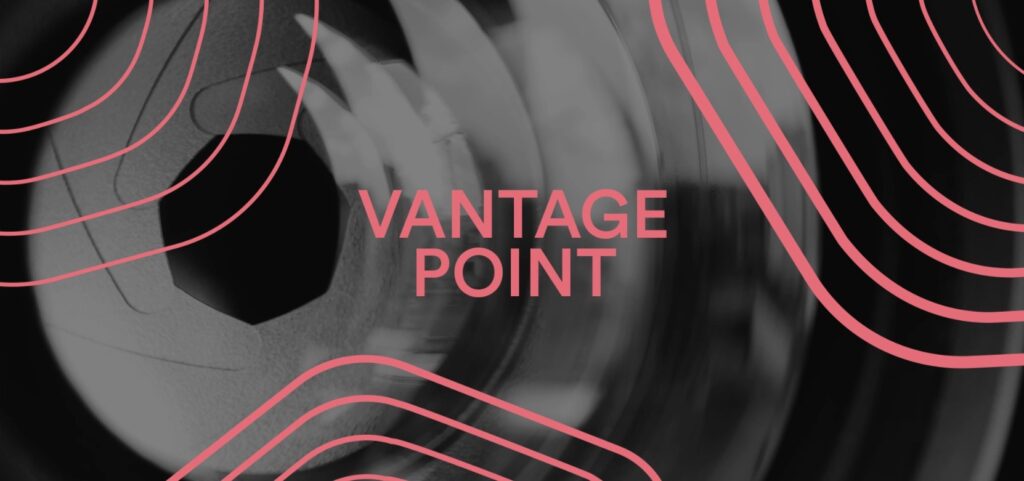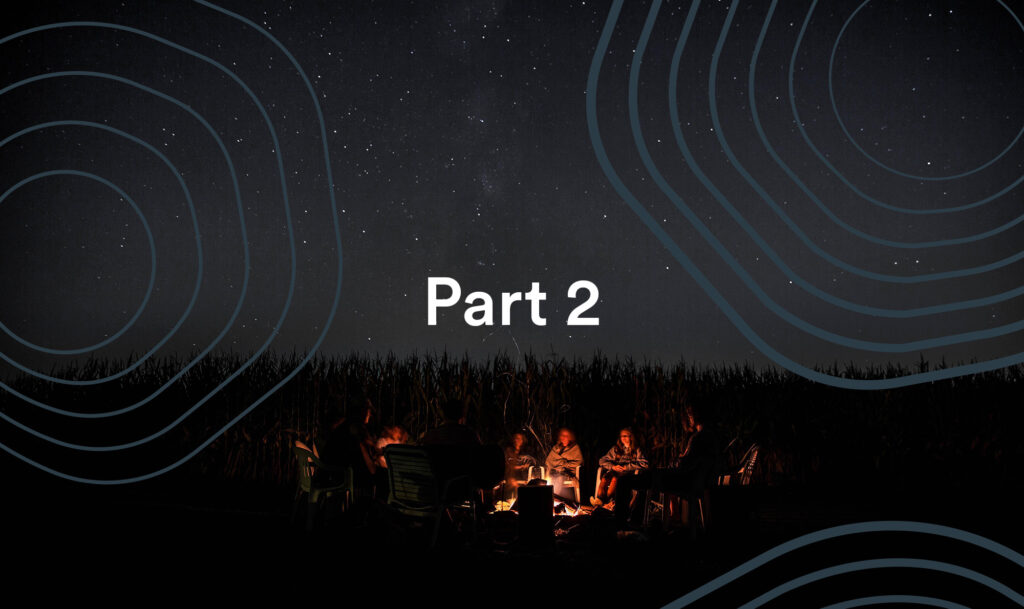It was great to speak with Ryan Shorthouse, the Executive Chair of Bright Blue, to get his thoughts on getting policy unstuck, why social media isn’t the influential place it’s cracked up to be, and why the best policy ideas are timeless.
When I graduated I didn’t even know what a think tank was. I meandered my way into it. I knew I was interested in politics and writing, and wanted to broadly work in that area. I became an advisor to the Tories and then I happened to work for David Willets MP. His nickname is ‘Two Brains’; he’s very policy focused. He got me into the world of think tanks and helped me secure my first job with the Social Market Foundation.
The lack of clarity around what think tanks do probably means that it’s cut off to people from less advantaged backgrounds. It’s often dependent on who you know – if a world has an informal relationship-based way of getting into it, that tends to favour people with more advantaged backgrounds. Whereas very formalised assessments, and recruiting and interviewing, are the biggest ally of people from more disadvantaged backgrounds.
We’re trying to interact with the people who are going to be most affected by the policy, to give them the chance to talk about the problem and how they think it should be best addressed, and then consider the policy ideas we’re coming up with. What do they think about it? What would improve it? Think tank ideas could certainly be more rooted in conversation, collaboration, and consultation, both with officials – the people who deliver the policy – but also people on the ground who are going to be affected by it.
It is useful to be on social media to promote your work, but it’s an echo chamber. It’s a mistake to believe that the columnists and MPs who spend too much time on social media are the main point of influence. Often officials, regulators, and special advisors are better points of influence in terms of getting policy through. Spending too much time on social media speaking to people who seem influential and high profile is not going to get your policies through – you’re not going to have an ally on the inside, somebody who understands your work and ideas.
Get policy insights into your inbox
NewsletterThe other mistake that I see is a general feeling that you should do short, snappy pieces. There has been a shift in recent years to journalists running think tanks, and the style of reports becoming much more like an extended comment piece. Getting into the media is good for profile raising, but if you’re going to get officials to get behind you and work with you to get policy implemented, actually much more detailed, deeper work which really engages with evidence is important. And it’s more likely to have a long shelf life.
Think tanks think we need to publish something now because it’s been talked about in the papers. And so we’ll get something out in a couple of weeks and it’s very reactive and responsive. That becomes time restricted to that particular period, whereas actually you need to be producing reports which, yes, address the same issue, but they’re timeless: you could pick it up in two or three years time with a change of government and the level of evidence and work and thinking that’s gone into it still stands. At the end of the day, policy development is pretty slow. There are ideas that we came up with in 2016 that are just being implemented today.
Sometimes we have been guilty of coming up with ideas to grab attention. In New York there is a policy that if a bus or a truck has its engine idling you can take a picture of the registration plate and report it. They get a fine and you get a quarter cut of that fine for reporting them. We were talking about whether you can have something similar in the UK. I don’t want people going around trying to get as much money as possible recording people, so I regret that idea, but what it did do was get a lot of press attention and it raised awareness of the fact that engine idling is pretty bad for people’s health.
I think there’s something missing. When we think of the right-wing think tanks, it’s normally quite libertarian like the IEA. The more communitarian think tanks like Civitas and Onward do a very good job, but I think there’s something which is even more radical in the authoritarian populist space and I don’t think there is a home for that in the UK. There’s a whole ecosystem like Reform, the political party, and news channels like GB News, but there isn’t a think tank within that space as well.
I could not do a job where I didn’t a hundred percent believe in what I’m saying. I’m very bloody-minded and like to do my own thing. I want to change things and question things and disrupt things, rather than climbing the greasy pole inside Parliament. I just couldn’t do that.
Parting thoughts…
I always make time for friends and family. When you’re in the jobs that we have there’s always a tendency to try and meet people who are good for business, which makes sense. But I make sure that I see my oldest friends who have no interest in politics, but I can just have a good laugh with. It’s really crucial that you keep those friends and you do things with them: that sort of thing is what keeps you grounded and sane.
Sign up to our newsletter to get insights from other policy thinkers and campaigners like Ryan into your inbox every fortnight.





